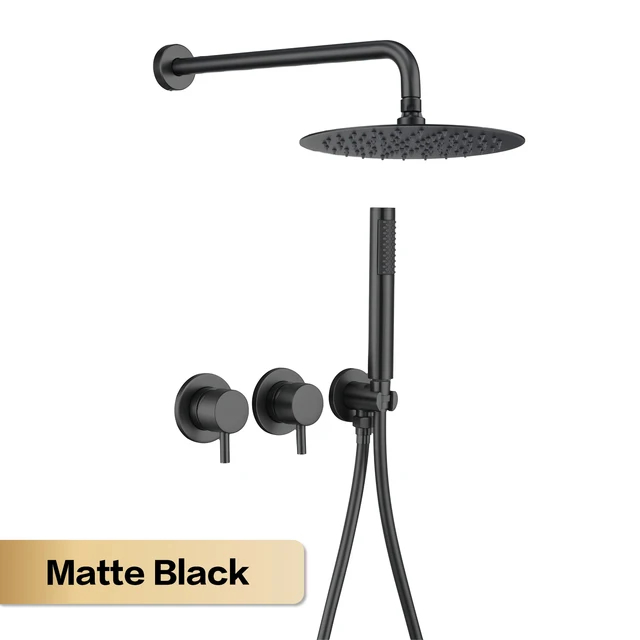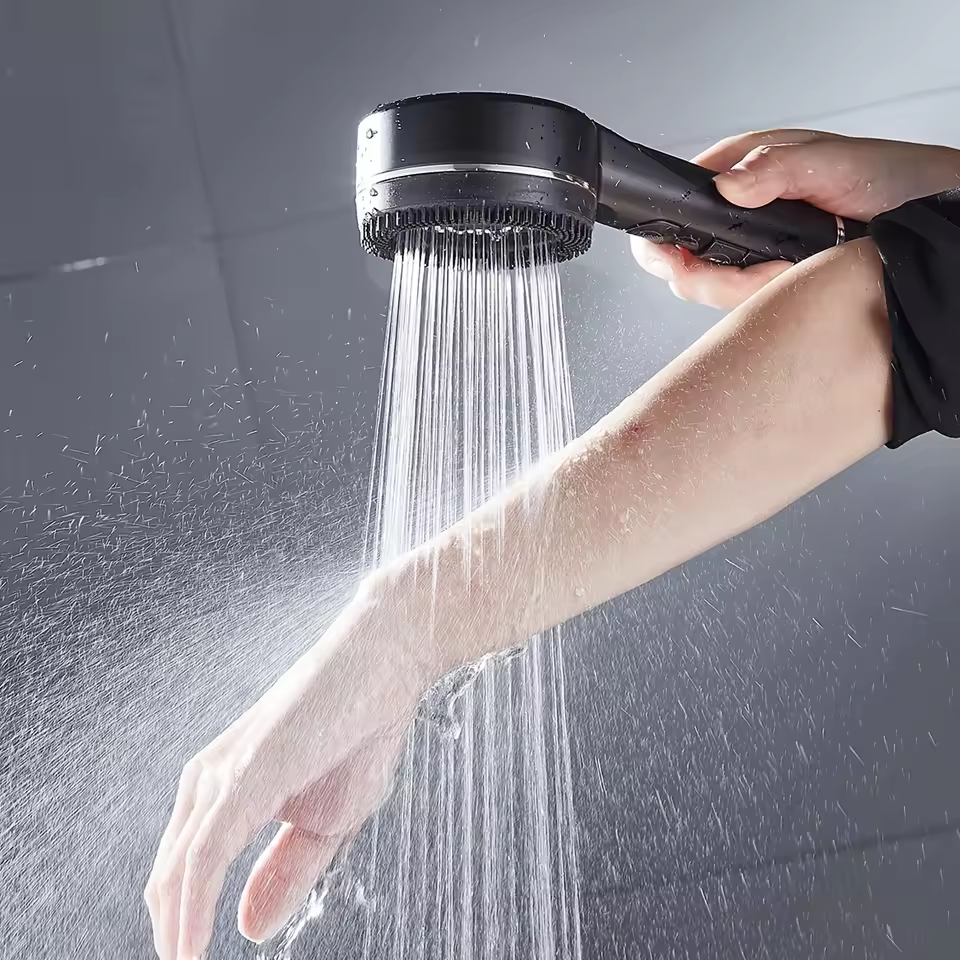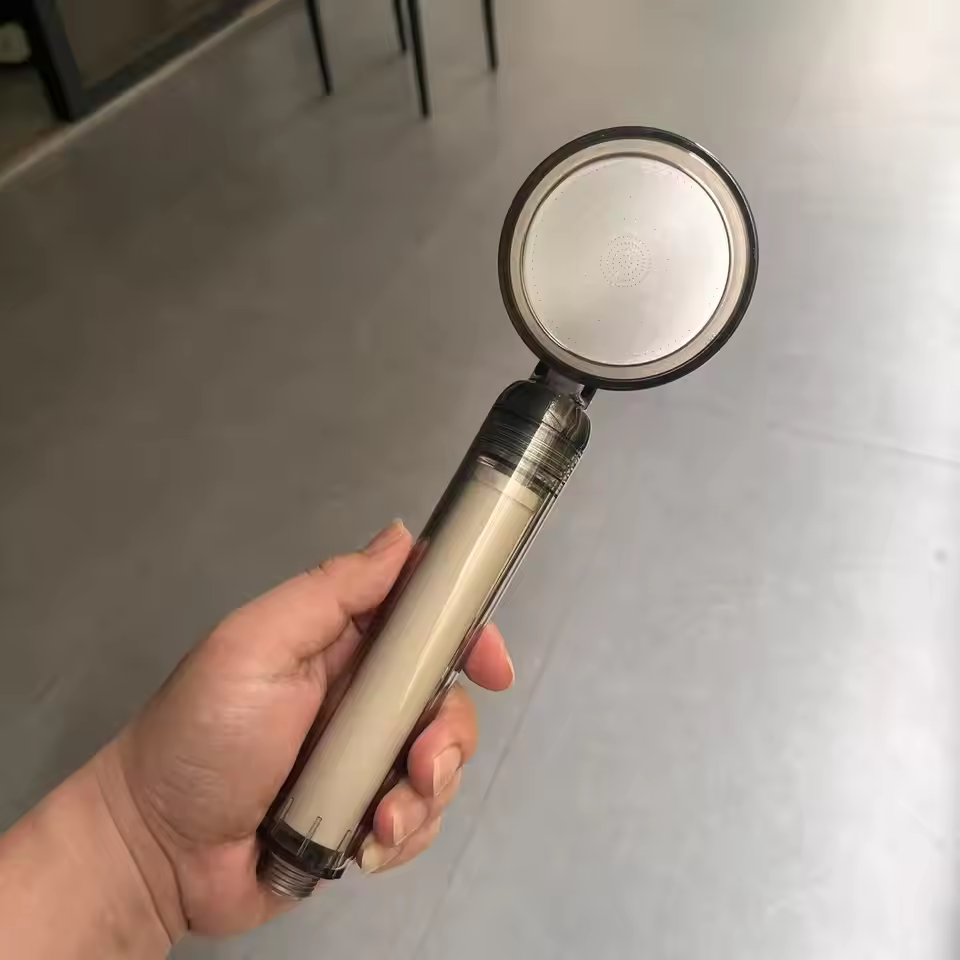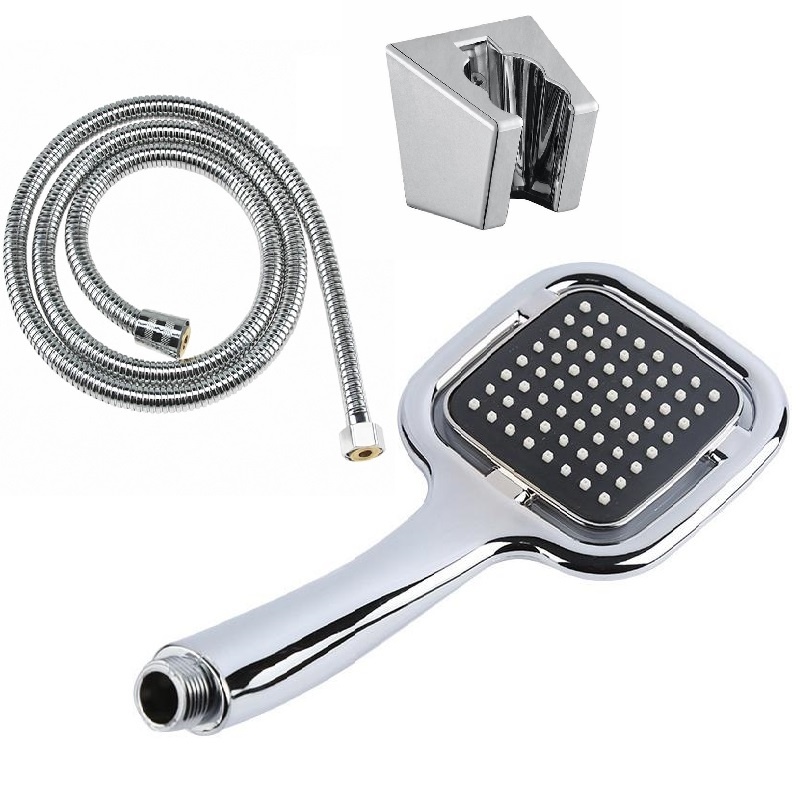Understanding the Shower Whistling Issue
Hearing a whistling sound in your shower can be both annoying and concerning. Why is my shower whistling? It’s a common problem that many homeowners encounter, but understanding the underlying causes can help you address the issue effectively. Whistling in a shower is usually not just a random noise; it indicates that something is wrong with your plumbing or fixtures. Identifying and resolving the cause of the whistling can prevent further damage and improve your overall shower experience.
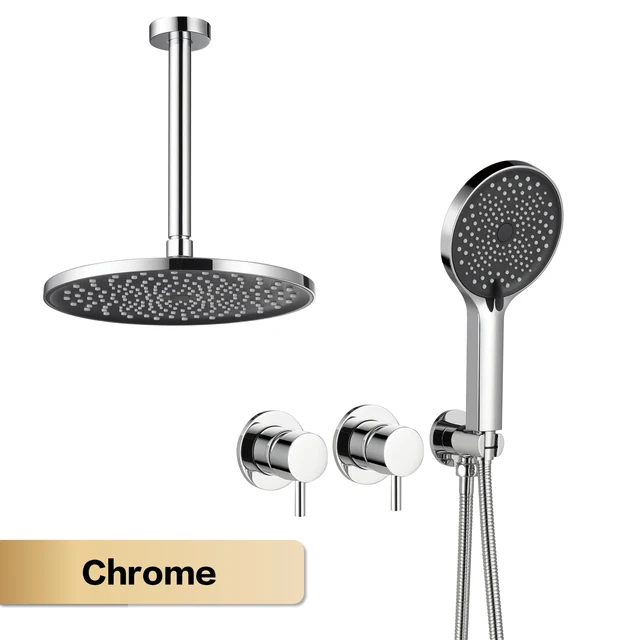
Causes of Shower Whistling
The whistling sound you hear can stem from various issues within your shower system. Common causes include high water pressure, a clogged showerhead, or issues with the valve. Each of these problems affects how water flows through your shower and can produce a whistling sound. It is important to diagnose the root cause of the noise to apply the appropriate solution.
High Water Pressure
One of the most frequent reasons for a whistling shower is high water pressure. When the pressure is too high, water flows too quickly through the pipes and fixtures. This rapid flow can cause the water to make a whistling sound as it passes through small openings or constricted areas.
How High Water Pressure Causes Whistling
High water pressure forces water through your showerhead at a higher speed than intended. Showerheads have small openings that regulate the flow of water. If the pressure exceeds what these openings can handle, it can create turbulence in the water flow. This turbulence often results in a whistling sound. Additionally, the pressure can cause vibrations in the pipes and fittings, which may also contribute to the noise.
Diagnosing and Fixing High Water Pressure
To determine if high water pressure is the cause of your shower’s whistling, you need to measure the pressure in your home. You can use a pressure gauge, which is a simple tool that attaches to your outdoor faucet or a hose bib. Ideally, water pressure should be between 40 and 60 psi (pounds per square inch). If your pressure is above this range, it may be the cause of the whistling sound.
If you confirm that high water pressure is the problem, installing a pressure-reducing valve (PRV) can help. A PRV is a device that regulates the water pressure in your home. It reduces the pressure to a safe level, preventing excessive force that can lead to noise and other plumbing issues. A plumber can help you install a PRV if you’re not comfortable doing it yourself.
Clogged Showerhead
Another common cause of a whistling shower is a clogged showerhead. Over time, mineral deposits and debris can build up in the tiny holes of your showerhead. This buildup restricts the flow of water and can cause it to make a whistling noise.
How a Clogged Showerhead Causes Whistling
When the holes in your showerhead become clogged, water flow becomes uneven. The restricted flow creates pressure build-up that can produce a whistling sound. The sound is often more noticeable when the water is turned on at a higher setting, as the pressure increases and forces its way through the partially blocked holes.
How to Clean a Clogged Showerhead
Cleaning a clogged showerhead is a relatively simple task that can resolve the whistling issue. First, remove the showerhead from the arm by unscrewing it. Next, soak the showerhead in a mixture of equal parts white vinegar and water for about an hour. The vinegar helps dissolve mineral deposits. After soaking, use a small brush or toothpick to scrub away any remaining debris from the holes. Rinse the showerhead thoroughly and reattach it to the arm. Turn on the water to check if the whistling has stopped.
Faulty Shower Valve
A malfunctioning shower valve can also cause a whistling sound. The valve controls the flow and temperature of the water in your shower. If it’s not working properly, it can create noise as water passes through it.
How a Faulty Shower Valve Causes Whistling
If the internal components of the shower valve are damaged or worn out, they can disrupt the water flow. This disruption can lead to vibrations or turbulence in the water, which manifests as a whistling sound. Additionally, a valve that is not fully opened or closed can create pressure imbalances that result in noise.
How to Diagnose and Fix a Faulty Shower Valve
To determine if the valve is the source of the whistling, you might need to inspect and possibly replace it. Turn off the water supply to your shower and remove the handle and trim plate to access the valve. Check for any visible signs of wear or damage. If the valve appears to be the problem, replacing it might be the best solution. A plumber can help you with this task if you’re unsure how to proceed.
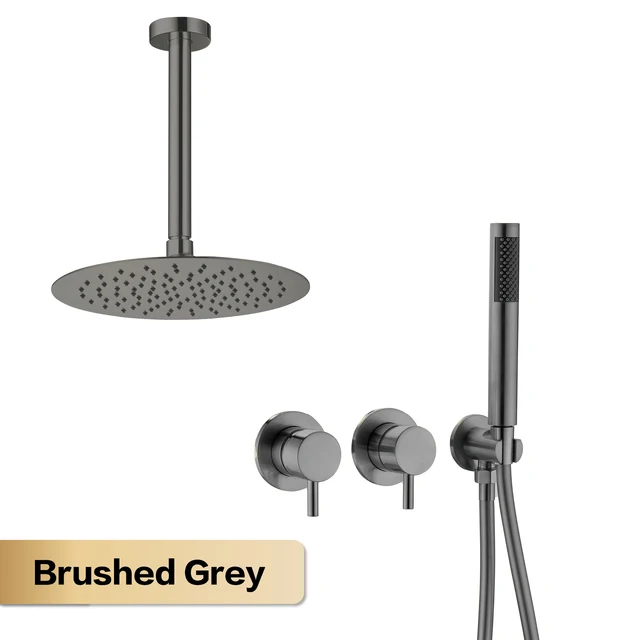
Pipe Issues
Sometimes, the problem causing your shower to whistle is related to the pipes themselves. Issues such as loose or improperly secured pipes can create noise when water flows through them.
How Pipe Issues Cause Whistling
Loose pipes or those with improper supports can vibrate when water flows through them. This vibration can produce a whistling or rattling sound. Additionally, pipes that are partially blocked or have debris inside can create pressure changes that lead to noise.
How to Address Pipe Issues
To address pipe issues, start by checking for any loose or poorly secured pipes. Ensure that all pipes are properly supported and fastened. If you find any loose sections, secure them with pipe clamps or brackets. If you suspect debris or blockages, you might need to flush the pipes or use a plumber’s snake to clear them out.
Loose Fittings and Connections
Identifying Loose Fittings
Loose fittings or pipe connections can cause vibrations and noises as water flows through them. These vibrations might result in a whistling sound if they are significant.
Checking and Fixing Loose Fittings
- Inspect Visible Pipes: Look for any visible signs of loose connections or fittings. If you find any, tighten them using a wrench.
- Check Behind Walls: For fittings that are not easily visible, you might need to access them through wall panels or use an inspection camera.
Mineral Deposits in Pipes
Impact of Mineral Deposits
Mineral deposits can build up inside pipes over time, narrowing the water flow and causing noise. This is less common but can still lead to a whistling sound.
Cleaning Pipes
- Flush the System: Flushing your pipes with a vinegar solution can help dissolve mineral deposits.
- Use a Pipe Descaler: Chemical descalers can be effective for removing stubborn deposits, but follow the manufacturer’s instructions carefully.
Professional Help
If you’ve tried all these steps and the whistling persists, it might be time to call a professional plumber. They can:
- Perform a Comprehensive Inspection: A plumber can check your entire plumbing system, including hidden pipes and fixtures, to identify any underlying issues.
- Use Specialized Tools: Professionals have access to advanced tools and techniques for diagnosing and fixing plumbing problems that may not be accessible to homeowners.
When to Call a Professional
- Persistent Issues: If the whistling continues despite troubleshooting.
- Complex Systems: If your plumbing system is complex or involves multiple components.
- Uncertain Causes: If you are unsure about the cause of the noise or how to fix it.
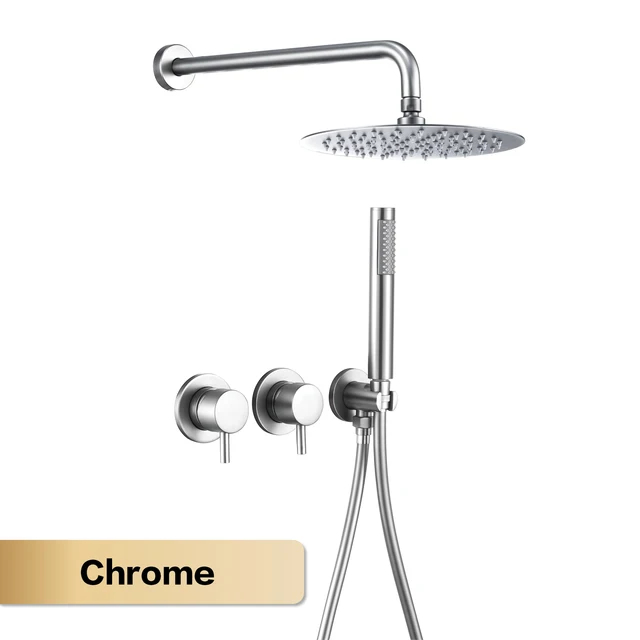
Conclusion
Understanding why your shower is whistling involves identifying the underlying cause, whether it’s high water pressure, a clogged showerhead, a faulty valve, or issues with the pipes. Each problem requires a different approach to resolve. By diagnosing the issue accurately and applying the appropriate fix, you can eliminate the annoying whistling sound and enjoy a more peaceful and effective shower experience. If you’re unsure about performing any of these tasks yourself, don’t hesitate to consult a professional plumber for assistance.
